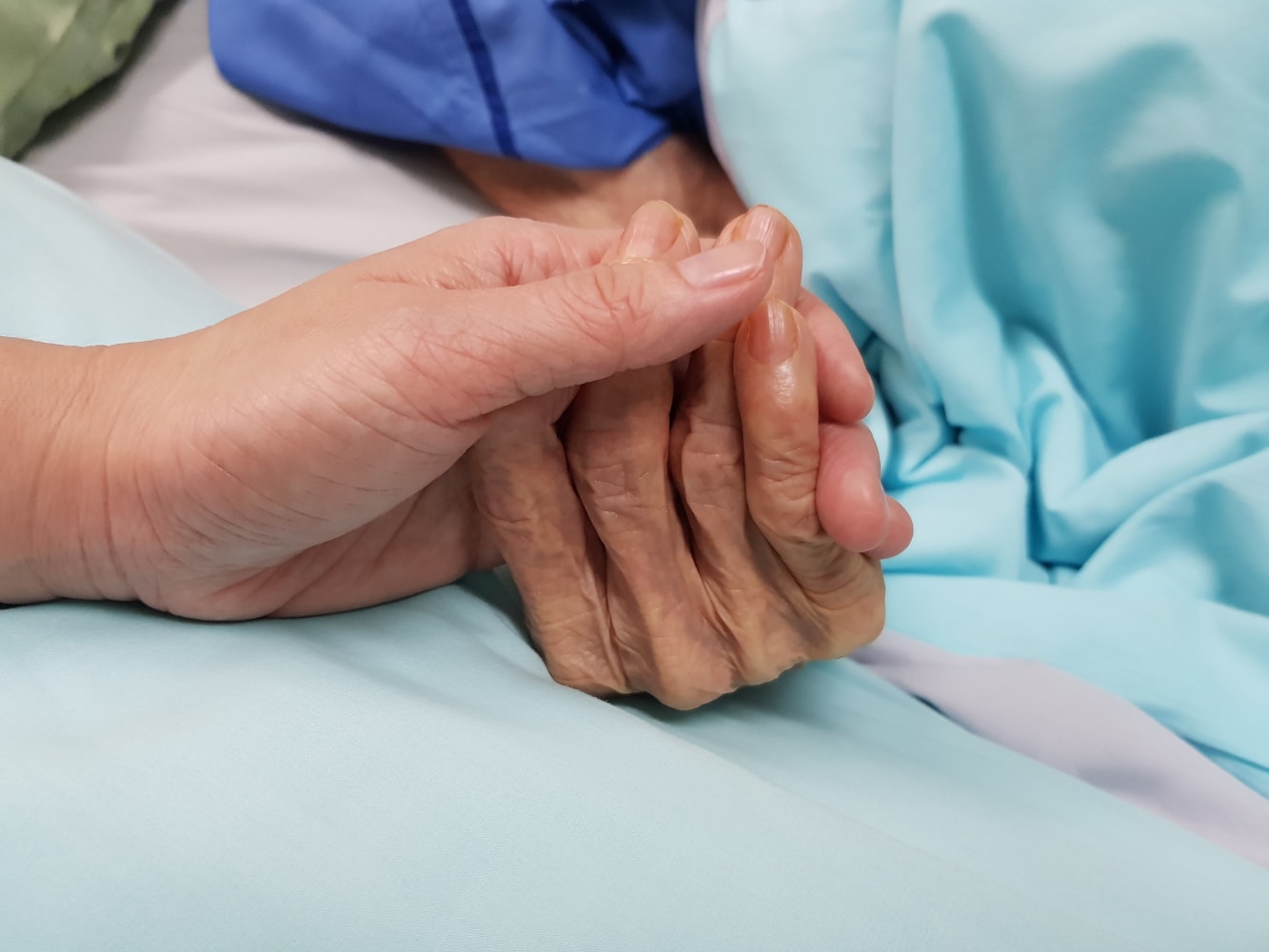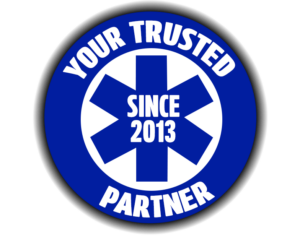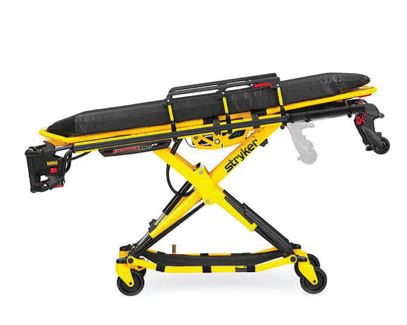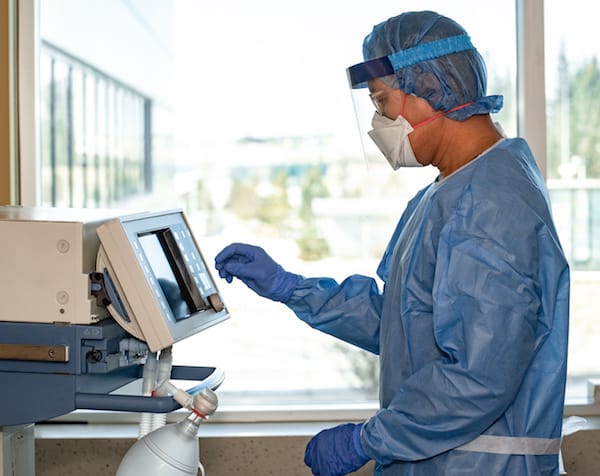
Understanding Do-Not-Resuscitate (DNR): Empowering Choices in End-of-Life Care
In palliative (end-of-life) care, Do-Not-Resuscitate (DNR) orders play a crucial role in honoring a patient’s wishes and ensuring appropriate medical interventions. A DNR is a legal document that informs healthcare professionals, including Emergency Medical Technicians (EMTs) and paramedics, about a patient’s decision to forgo cardiopulmonary resuscitation (CPR) and other life-saving techniques in the event of cardiac or respiratory arrest.
As such, this can be a very difficult subject for both patients and their families, especially when dealing with a serious illness or injury. In this article, we’ll provide an overview of DNR orders, explain the responsibilities of EMTs and paramedics when encountering a DNR situation, and review the considerations involved in making an informed decision.
Understanding Do-Not-Resuscitate (DNR) Orders
What is a DNR Order?
A DNR order is a medical directive issued by a patient or their authorized representative, typically in consultation with a healthcare provider or a lawyer. This document specifies the patient’s desire to avoid receiving CPR or other life-sustaining measures in the event of cardiac or respiratory arrest. DNR orders respect patients’ autonomy and their right to make decisions about their end-of-life care.
Honoring DNR Orders as an EMT or Paramedic
EMTs and paramedics are ethically and legally obligated to honor a patient’s DNR order. When responding to an emergency call where you encounter a patient with a DNR order, you must follow specific guidelines to ensure appropriate care. These include:
- Checking the patient’s identity: Make sure you verify the patient’s identity and that of their legal representative and loved ones. Check their ID and any other identifying documents they may have with them.
- Verify that there is a DNR: You must verify the presence of the DNR order and its authenticity and validity. Most patients with a DNR order often wear a medical identification bracelet, necklace, or tag stating “DNR.” Others also tattoo the DNR order on their bodies, especially their chests, arms, or legs. Their loved ones may also provide a written order if you need additional information.
- Communicate with the patient or loved ones: When you encounter a patient with a DNR order, it is critical to be respectful and sensitive to the situation. If they are conscious, attempt to communicate with them and ask if the DNR order is still in effect. You should also talk to their loved ones or caregivers about the DNR.
- Respect the DNR: It is important to remember that the patient or their loved ones made the decision not to receive CPR or other life support based on an informed evaluation of their condition. Every effort must be made to honor their wishes.
- Document everything you do: You must document all your actions, advice, and conversations regarding the patient’s DNR order in the medical records. This includes any care you give, medications you administer, and any conversations you have with the patient or their family.
- Provide palliative care: Once the ECG monitor flatlines, it is important to provide palliative care. This includes focusing on comfort care, pain management, and alleviating distressing symptoms for the patient in accordance with their wishes.
Bottom Line
Although it may be difficult to come to terms with a patient’s DNR order, it is your responsibility as a healthcare provider to respect the patient’s wishes. Remember to carefully document all actions taken in regard to the patient’s DNR order and provide comfort care instead of resuscitation efforts. Doing so will ensure maximum respect for the wishes of both the patient and their loved ones.
Contact Us Today For All Your Medical Equipment Needs
At Coast Biomedical Equipment, we provide a wide range of medical equipment and supplies. From ECG monitors and ventilators to vital sign monitors and infrared thermometers, we have the equipment you need to confidently manage a patient’s DNR order. Contact us today for all your medical equipment needs.





